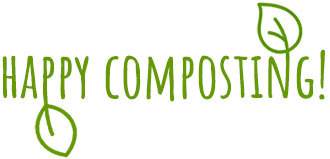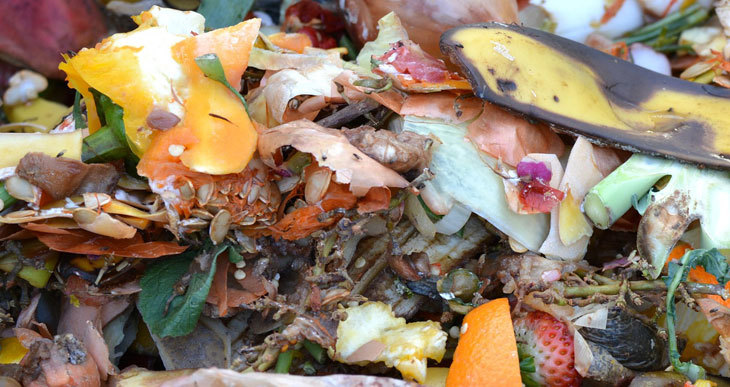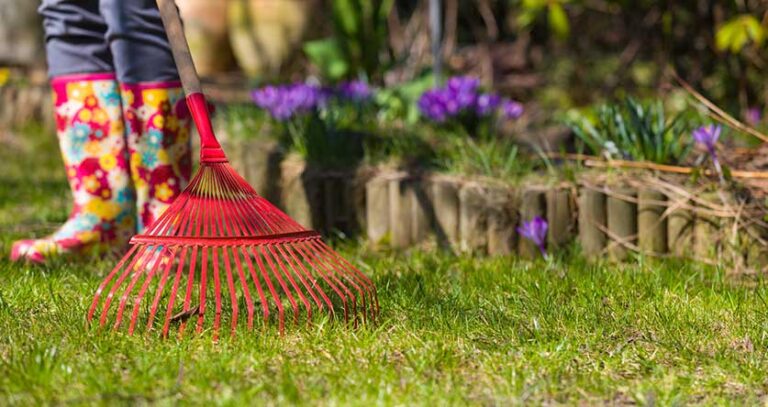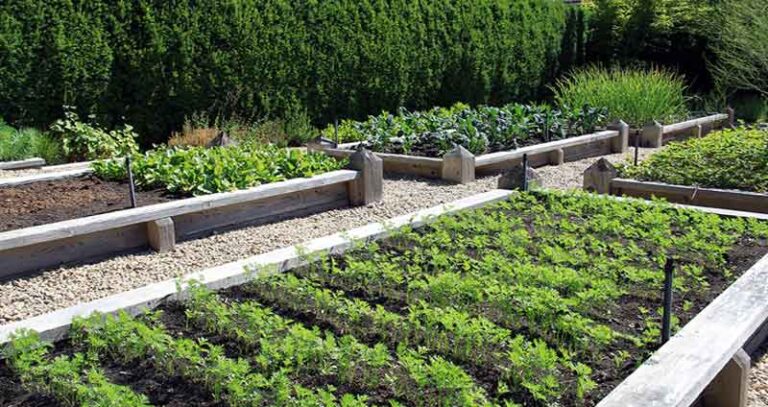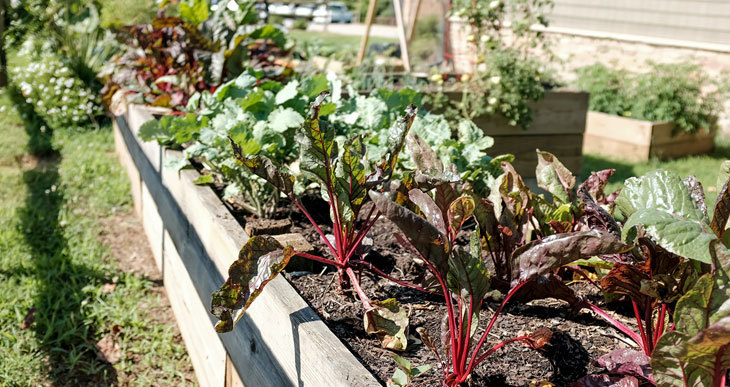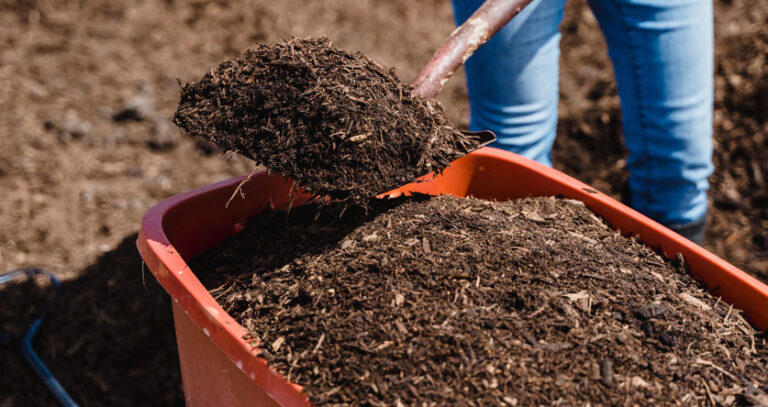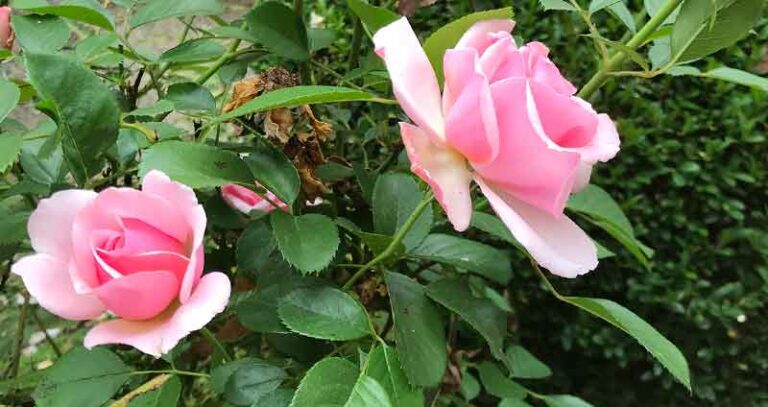Can You Reuse Compost? (Don’t Waste Another Scoop)
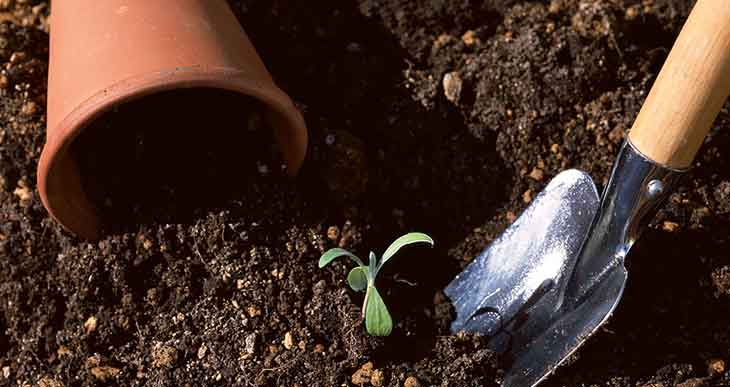
I understand…
It’s a pity to waste things! At the end of the growing season, you have containers filled with used compost or leftover compost you didn’t get around to exploiting.
And what about those last few scoops of compost that seem to have lost their vigor? Can you still use them, or are they too spent?
Chucking it away seems such a pity. And not very eco-friendly :-/
But what if there was a way to recycle old compost. Can spent compost become a valuable resource for your garden?
Keep reading for some practical tips on making the most of your old compost.
Can you reuse old compost?
The answer is yes. The value of used compost is reduced, but that does not make it useless. There are various ways to reuse spent compost and give it a second life in your garden.
If you’re a keen gardener, chances are you already know the importance of compost. It’s nature’s way of recycling organic matter into a nutrient-rich soil amendment.
But it’s a slightly different story after it’s been used.
So how long does compost last, and what happens to compost after plants have grown in it?
What is spent compost?
In layman’s terms, spent compost means previously used or aged compost that has become exhausted and has reduced benefit for your plants.
(Note: The term spent compost is used for the substrate leftover after growing mushrooms in the mushroom industry. However, it is not entirely ‘spent’ and is resold as garden compost)
Old compost becomes depleted in a few ways:
- Fewer nutrients
- Lower microbial activity
- Poor structure.
This happens whether compost has been used to grow plants or it’s just been sitting for a while. As a result, compost loses its beneficial properties over time.
The nutrients and micro-nutrients in compost are used up just a few weeks after planting.
But compost also drastically improves soil structure. The coarse texture of compost adds porosity and drainage to dense soils. This allows air and water to reach plant roots more easily.
And further advantages come from the microorganisms it adds to poor soil.
As compost breaks down, it becomes finer and more compact. And the organic matter, which is the food source for microbes, is eventually used up, and microbial activity slows down.
This lowers the compost’s structural value and reduces the mobility of water, oxygen, and nutrients in the soil. The end result is compacted compost that makes nutrients less readily available for plants.
So, while it’s still useful, old compost is not as effective as fresh compost.
Is old compost any good?
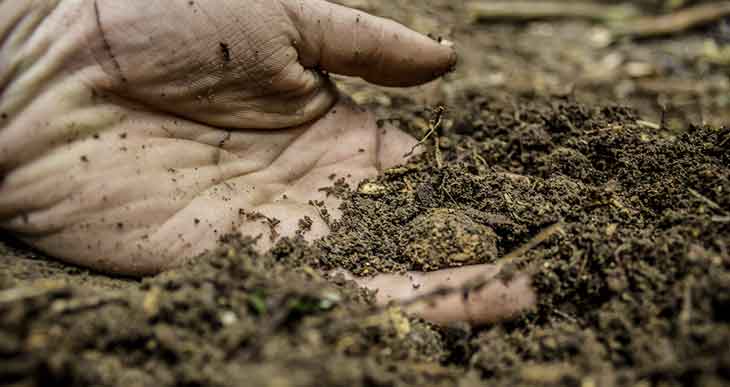
Old compost can still be helpful in many ways. Depending on its age, it still has useful qualities, particularly the composts’ humus content, which adds many beneficial properties to soil.
Compost continues to contribute to garden soil even after all organic matter has decomposed.
Admittedly it has less overall value, but it can still be used in your backyard.
So is it any good? The answer is yes.
There are various ways you can give your spent compost a new start in the garden.
The main question is how to recycle old compost.
What to do with old and spent compost
You can make use of old or depleted compost in two main ways. Either recycle it or revive it. If it’s been sitting in a heap for less than a year or used in pots for one growing cycle, it can be refreshed or recycled for new uses.
Recycling means reusing the depleted compost, while reviving involves giving it a boost to make it more effective.
Here are some tips for each method.
How to reuse compost
There are many ways to give your spent compost a new lease on life. Try some of these ideas:
- Spent compost can be used as a mulch: Spread a layer of compost around plants to help retain moisture and suppress weeds.
- Reuse it as a potting mix: Mix old compost with equal parts of fresh potting compost for your new potted plants or seedlings.
- Use it as turf dressing: Add a layer of compost to your lawn as a top dressing. It will help improve drainage and add organic matter to the soil.
- Old potting compost can be added to your garden soil to improve its structure and drainage: Rather than throw used compost away, it will always be welcomed in the garden.
Try planting legumes in spent compost: Legumes are nitrogen-fixing plants. They have the ability to take nitrogen from the air and turn it into a form that can be used by other plants. Planting legumes in spent compost is a great way of giving it a boost.
How to regenerate spent compost
To rejuvenate compost, you need to replace nutrients and add structure. There are several options to achieve this.
Here are some ideas on how to revive compost:
- Mix old compost with new before use: You can add fresh organic matter to old compost right before planting.
- Add spent compost to your compost bin: You’re giving it a chance to mix with fresh ingredients and continue the composting process.
- Add lime, wood ash, or rock dust: These can help to replenish some of the nutrients that have been used up.
- Add manure: This is an excellent way of adding new nutrients and reviving old compost.
- Add fertilizers such as blood meal, bone meal, or kelp meal: These are all great sources of nutrients that can help to rejuvenate spent compost.
The main thing to remember is that old compost is still useful. It just needs a little bit of help to regain its former glory. With a little TLC, you can give it a new lease on life and recycle it into something that will be beneficial for your garden.
So don’t throw it out!
Can I reuse compost from last year’s pots?
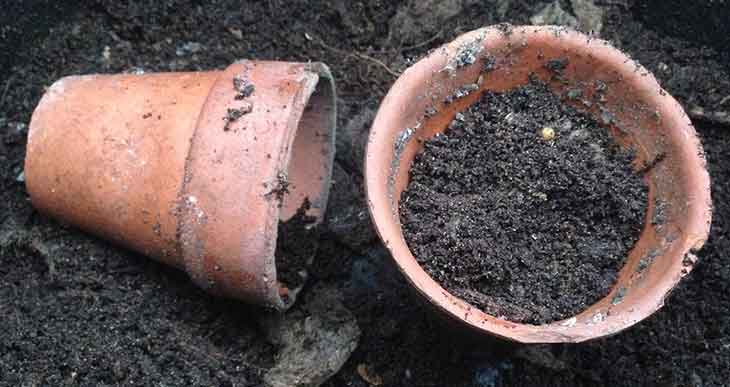
The answer is yes, but with a few caveats. First, if your plants were healthy and happy in the pot, the compost is likely still in good shape. However, if your plants were sickly or didn’t do well, it’s best to start with fresh compost.
The other thing to keep in mind is that the compost may contain weed seeds if your pot was outdoors. So, it’s a good idea to give the compost a good soak in water before using it again. This will help to germinate any weed seeds that may be present.
Otherwise, you can reuse old potting soil or seed starter in any of the ways listed above.
Old Compost FAQ:
Can you reuse compost after growing plants (potatoes, tomatoes, etc.)
Yes, you can reuse compost that has been used to grow plants. However, plants like potatoes and tomatoes are prone to various pests and diseases. These could transfer to your new plants if you use the same compost.
If you are concerned about plant diseases, it’s best to start with fresh compost.
Can you reuse spent mushroom compost?
Yes, spent mushroom compost can be reused in the garden. Mushroom compost is a great source of nutrients and can help improve the soil’s drainage and structure.
Just be sure to test the pH of the compost before using it, as mushroom compost can be pretty acidic. You can use a soil testing kit like this to test the pH of the compost.
If the pH is too low, you can add lime to raise it.
How many times can you reuse compost?
You can reuse compost as many times as you like. However, it’s good to mix it with fresh organic matter for every new use. This will help to replenish nutrients and maintain the quality of the compost.
Conclusion:
Don’t waste your old compost!
Now you know that you can recycle old compost in your garden. Not only will it help your garden thrive, but it’s also a more eco-friendly option than simply throwing it away.
